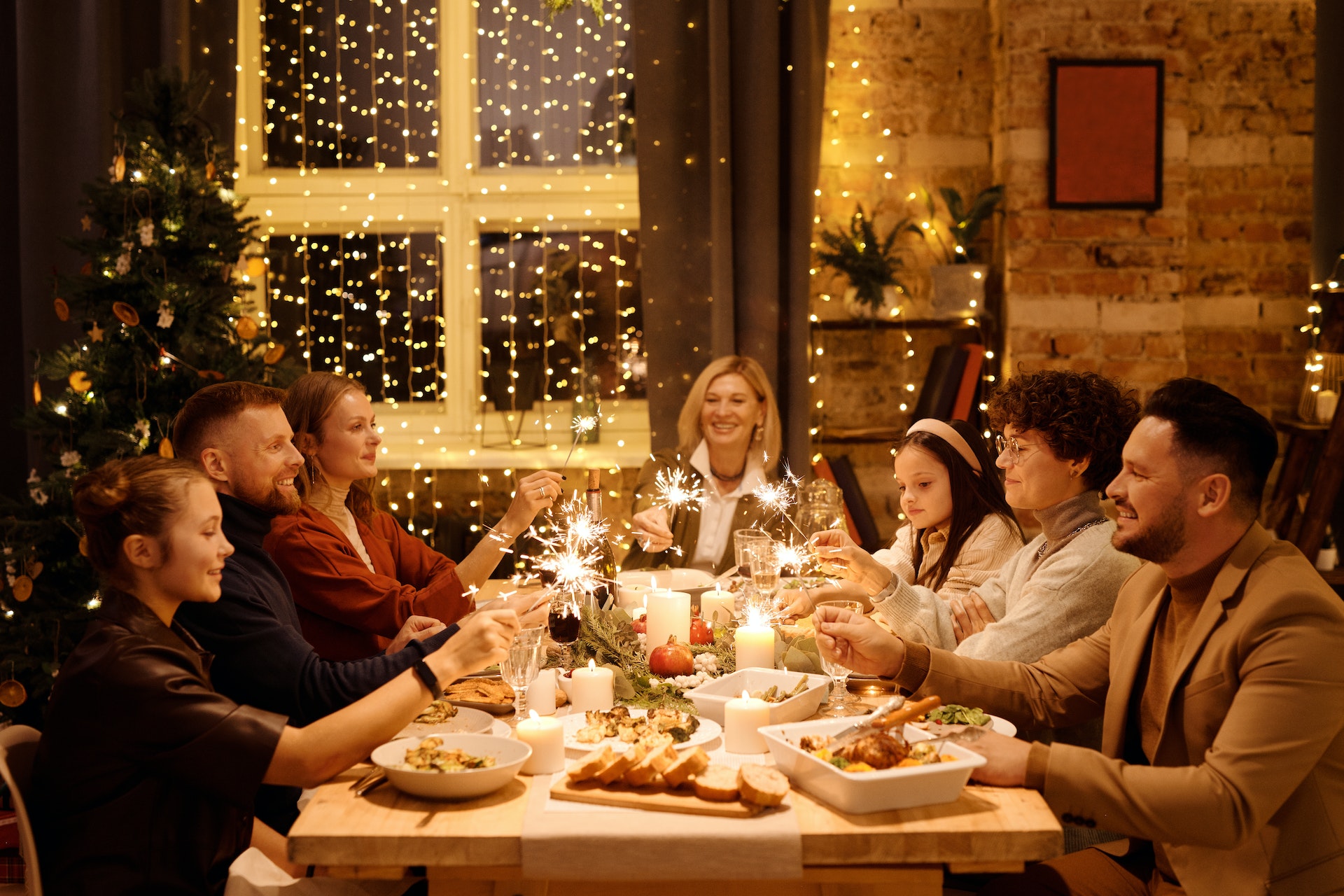Choosing sobriety is a brave and difficult decision — and staying sober during the holiday season is even more challenging amid family gatherings, work events, and seasonal parties. For people in recovery, or those with loved ones in recovery, here are things you can do to make staying sober during the holidays easier this year.
Why the holidays feel so tough
At its core, the holiday season from late October to January is one of overindulgence — from excess spending to overeating and drinking. Holidays remain particularly challenging for those who struggle with substance use disorder for several reasons:
- It’s acceptable — and even encouraged — to overindulge.
- Drinking alcohol is socially acceptable in more situations.
- Holidays can remind those in recovery about strained family and friend relationships.
- The season can amplify mental health issues or present relapse triggers.
- The tradition of giving gifts can put pressure on those in recovery who haven’t had the opportunity to find a stable income.
- Dealing with addiction on top of holiday stress is mentally draining.
To stay sober this holiday season, consider the following tips for navigating family gatherings.
Four ways to handle family gatherings
Find support and plan ahead
The best plan for staying sober this holiday season at family gatherings is planning ahead. Plans will look different for everyone, but might include:
- Opening up to a trusted family member (parent, sibling, cousin, etc.) about your struggle — and your goals —so they can help you stay on track.
- Making your intentions clear to yourself and your family through transparent communication.
- Relying on a support system outside of your family to help you stay accountable.
- Setting boundaries and knowing when to remove yourself from a situation if you’re close to a breaking point.
- Bringing non-alcoholic beverages to consume while others drink.
With a plan and contingencies in place, you can mitigate some of the anxiety that comes from the unknowns at family gatherings.
Practice self-care
Before the holiday season, develop a self-care routine that you practice consistently. Holidays bring tumultuous schedules with traveling — but having a routine to fall back on preserves normalcy and encourages you to find your center when you might otherwise feel unbalanced.
Remember to eat well and drink plenty of water — either still, flavored, or sparkling. Keeping yourself hydrated and satisfied with nutritious food can curb temptations to overindulge. Staying active keeps your mind busy, too.
Create an exit strategy
Identify your outs in situations where you may struggle. For example, identify which family members you may want to avoid and which events you may want to skip altogether. An exit strategy may also be as simple as having conversation redirects handy for those who pry about your recovery journey or keeping your hands occupied with a non-alcoholic beverage of your choosing.
Exit strategies exist to preserve your mental and physical health, so keep in mind the strategies that will make you feel best when deciding on which tools to use.
Create new traditions
Celebrate the reestablishment of your new, sober self this holiday with new traditions. Focus on the progress you’ve made and the personal growth you’ve achieved by pursuing new, exciting traditions with those closest to you. Breaking out of old traditions can also help avoid relapse triggers.
Here are some ideas for new traditions to start:
- Running a Turkey Trot.
- A book exchange.
- Ugly sweater Saturdays.
- Volunteering.
- Baking and decorating holiday cookies.
At the center of your new traditions should be a celebration of self. You’ve committed to making this positive change in your life and deserve every chance to enjoy the festive season in a way that makes you feel comfortable, confident, and energized.
Staying sober through the holidays can feel nearly impossible with family pressure, social expectation, and mental stress, but you can do it — and you don’t have to face it alone. Contact us for more information about substance use disorder and resources for recovery. Or, if you’re ready to ask for help and don’t know where to start, use our Help Tool to take your first steps to recovery.
Photo by Nicole Michalou

